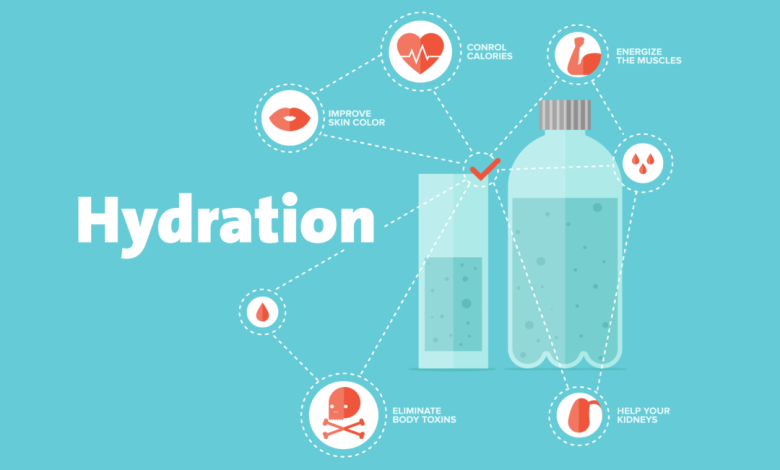Hydration tips: How much water do you need in your diet?

BLACKSBURG, Virginia — Eat a lot of calories to maintain their energy levels, athletes. They actually eat and drink more each day than the ordinary person needs.
However, how much water is actually necessary?
Stella Volpe, Department Head of Human Nutrition, Foods, and Exercise at Virginia Tech, discussed the recommended daily intake of water with 10 News.
According to Volpe, you should drink eight glasses of water each day, but you don’t have to.
You can consume foods like tomatoes, melons, and celery that are high in water content, according to her. According to Volpe, you are also permitted to consume milk, tea, coffee, and ice cream.
Making ensuring you are hydrated is the most important advice she gave. You can test for dehydration by pinching your skin; if it remains there, you are dehydrated.
Volpe stated, “The other, slightly more laborious, thing that you can do is weigh yourself in the morning and evening to see if you lost weight. Usually, we advise people to do that before or after they exercise to see if they consumed enough fluids during exercise.”
Volpe also suggests that you examine your pee.
You’re probably not getting enough fluids if it’s dark outside. You may be getting too much if it is too light. Thus, it must be a soft yellow, Volpe stated.
She claimed that Americans consume far too much protein.
She advised cutting your body weight in half to determine how much protein you ought to consume. Therefore, 75 grams of protein should be consumed by a 150-pound person. She recommended including protein in each meal.
It has been discovered that consuming roughly 20 grams of protein at each meal will improve its absorption. Now, as people age, they require a bit more at meals—roughly 30 grams—but it might be challenging to get that, according to Volpe.
By the way, Volpe claimed that our diets do not contain enough fruits and vegetables. She therefore suggested adding them to water and even some recipes, such as stews.




